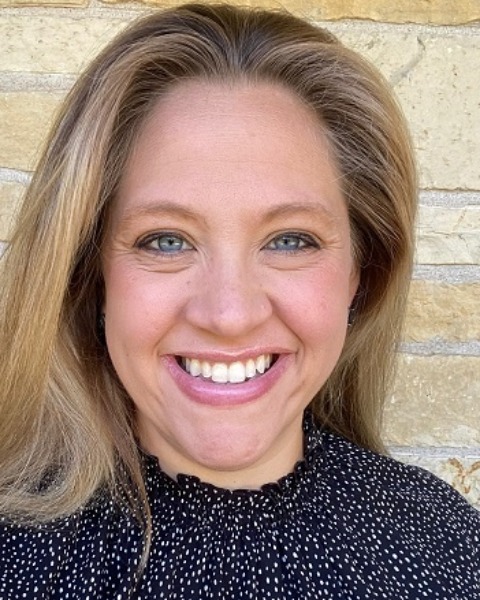Developmental and Behavioral Pediatrics: ADHD/Learning Problems/Schools
Developmental and Behavioral Pediatrics 1
560 - The Unknown Unknown: the Missing Member of Most School-Based Teams
Publication Number: 560.108

Kyle K. Landry, MEd (she/her/hers)
Manager, Educational Achievement Partnership Program
Children's Wisconsin
Milwaukee, Wisconsin, United States
Presenting Author(s)
Background:
Chronic illness impacts nearly 18 million school-age children nationwide. Many of these children experience considerable cognitive, developmental, and psychosocial deficits leading to lower educational achievement. Research has shown that subtle neurodevelopmental delays affecting multiple domains are extremely common, and often result in more substantial academic concerns over time.
Objective: Aim 1: Compared to clinical records, newly formalized EAPP assessment tools will identify knowledge gaps between hospital and school partners.
Aim 2: Demonstrate the feasibility of newly formalized EAPP partnership tools in improving school staff knowledge of health-brain-body connections.
Design/Methods:
Children with heart disease were referred to the Educational Achievement Partnership Program (EAPP). Their school support needs were evaluated using a toolkit that captured the understanding of the child’s teacher and school nurse related to medical limitations, developmental progress, classroom performance, and academics. Education about the child’s medical background and potential impact on learning were then provided to these key school staff members. Outcome data was collected to uncover new understanding and school staff satisfaction.
Results:
59 patients (median age: 10 years, range 3-17) completed EAPP interventions. While the majority of school staff knew about the child’s cardiac diagnosis (teachers 76%, nurses 86%), they had limited awareness that cardiac conditions increase susceptibility to illness (teachers 22%, nurses 34%), impact learning (teachers 27%, nurses 32%), and increase risk for developmental delays (teachers 19%, nurses 25%). Following intervention, school staff reported greater awareness, understanding, and comfort level working with medically complex students.
Conclusion(s):
While educators are responsible for identifying various learning needs, it is not expected that they are experts in the neurodevelopmental sequelae of chronic illnesses – a knowledge gap for educators that leaves many students exceptionally underserved. This research study provides preliminary data to show that enhanced care coordination between medical and school teams is not only possible, but should be widely implemented as a standard of pediatric follow-up care.
